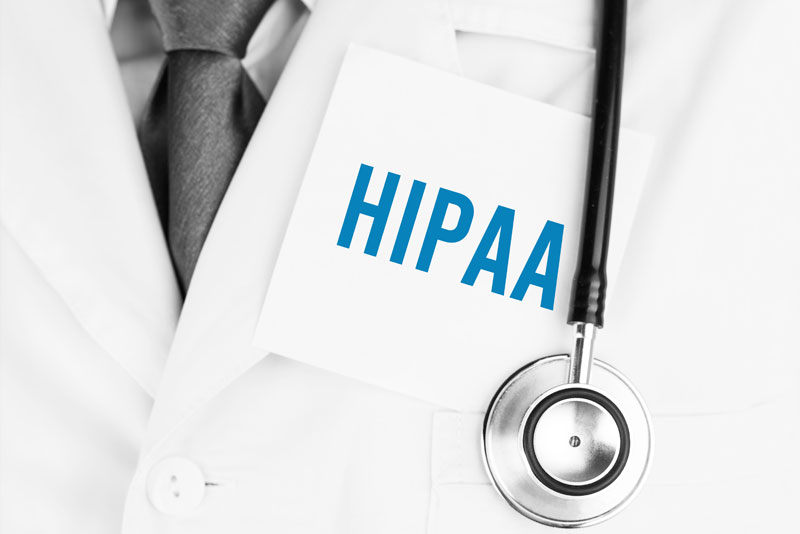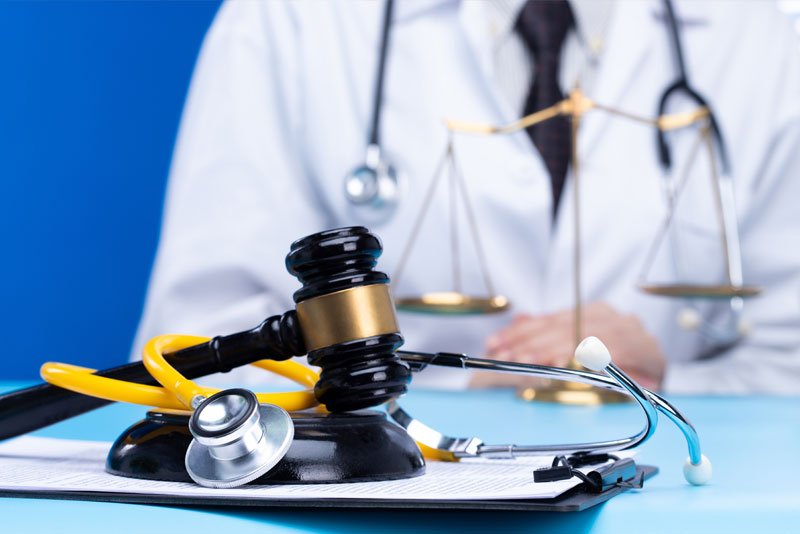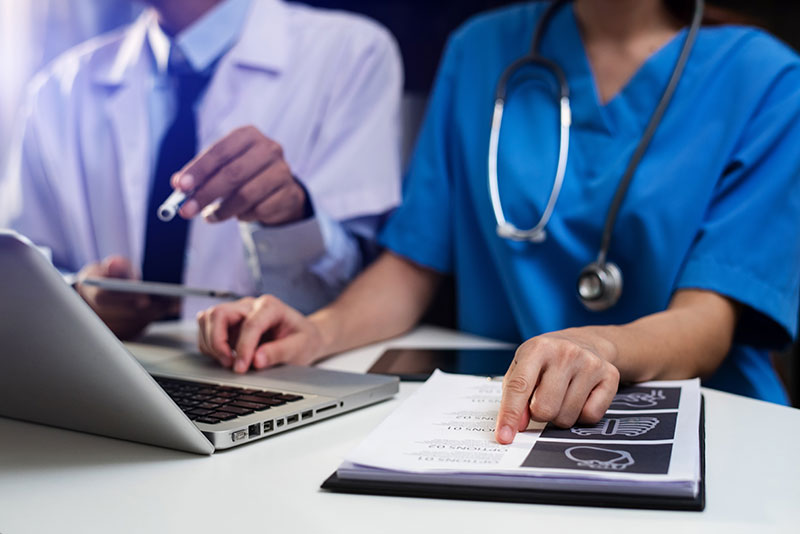
Table of Contents
With the growing number of smartphone users, the use of mobile technology in healthcare is widespread and increasing. People use mobile devices to gather healthcare information, download health apps, and engage with healthcare providers. Nearly 90% of physicians in the U.S. use smartphones to access electronic health records (EHRs), communicate with their team, search for information, and manage their schedule. Even as hospitals, clinics and other workplaces are permitting the use of smartphones, tablets and other portable devices, this has led to data security concerns. HIPAA-compliant medical transcription service companies prioritize patient data privacy and safety. HIPAA rules allow healthcare providers to use mobile devices to access ePHI in a cloud. Taking steps to meet HIPAA requirements when using mobile devices is essential to protect patient information.
Risks of Mobile Device Use in Healthcare
Verizon’s 2022 Mobile Security Index (MSI) report, which is based on a survey of 600 security professionals, found that nearly half of organizations had suffered a compromise involving a mobile device in the past 12 months (healthsecurityit.com). The report revealed that the use of mobile devices in healthcare came with several security risks such as:
- Danger of lost or missing devices
- Network threats
- Device-based threats such as mobile malware
- Public and home Wi-Fi policies
- Improper IoT device security strategies
- Poor app permissions
- Poor password practices
- Rise of ransomware and malware
Other security risks include outdated operating systems, lack of encryption for emails that physicians send or receive on mobile devices and insufficient Bring Your Own Device (BYOD) procedures. Providers may also accidentally disclose data when they share their unsecured mobile device with friends, family, or coworkers.
Meeting HIPAA requirements when using mobile devices can help covered entities and business associates including medical transcription companies keep personal health information (PHI) secure.
Keep medical data safe with our HIPAA-compliant medical transcription services – Call (800) 670-2809 for details!
Strategies for HIPAA Compliance on Mobile Devices
“Health care providers, other covered entities, and business associates may use mobile devices to access electronically protected health information (ePHI) in a cloud as long as appropriate physical, administrative, and technical safeguards are in place to protect the confidentiality, integrity, and availability of the ePHI on the mobile device and in the cloud, and appropriate BAAs are in place with any third-party service providers for the device and/or the cloud that will have access to the e-PHI,” says the U.S. Department of Health and Human Services (HSS).
Here are 10 ways to promote HIPAA compliance when using mobile devices:
- Register all mobile devices with the organization and ensure that they are individually authorized to add, modify, remove, and access PHI.
- Enable password/pin protection or biometric authentication on mobile devices to restrict access to sensitive patient data to authorized users.
- Encrypt data on mobile devices. This will ensure that even if an unauthorized party tries to access the data, they will not be able to read it.
- Use a secure messaging app. Using a secure HIPAA-compliant app specifically designed for healthcare communication will ensure that all data in transit and at rest is encrypted.
- Follow all basic mobile security practices:
- Install security updates as soon as they become available. These updates usually come with important security patches to protect your mobile device from known risks.
- Avoid public Wi-Fi networks. Never access or transmit patient data using public Wi-Fi networks as they are often unsecured and can cause a data breach.
- Plug your mobile device only into secure systems (home computer, work laptop, etc).
- Use a mobile app scanner to find security vulnerabilities so that you can protect your device from them.
- Have a backup plan in case your device is lost or stolen. Use remote wipe to erase all patient data from your device if it is lost or stolen. This can help prevent unauthorized access to sensitive patient information.
- Use a secure VPN. If you need to access patient data from a public Wi-Fi network, using a secure virtual private network (VPN) will ensure encryption of all data transmitted between your mobile device and the healthcare network.
- Install firewall and anti-malware protection on all authorized and practice-owned devices. This is important to detect and remove malware from your devices.
- Download only HIPAA-compliant apps. HIPAA compliant apps ensure the confidentiality of PHI (Protected Health Information), enable secure, seamless healthcare communications, and block unauthorized, fraudulent activities.
- Train your staff on mobile device management policies Establish mobile device policies and train your staff on mobile device privacy and security awareness. Topics to discuss include risks and vulnerabilities when using mobile devices for work, how to secure the devices, how to protect and secure health information, and mistakes to avoid when using mobile devices.
- Encourage reporting of security incidents: Even if an employee thinks that they may have simply misplaced their workplace device and that it will be found, the incident should be reported. Reporting the incident as early as possible as the cost and risks of PHI breach can be enormous and affected parties must be informed.
Though cybersecurity is a serious issue for healthcare organizations of all sizes, they can lower their vulnerabilities with the help of the right resources, thoughtful planning and expert support. Following these guidelines can help physicians utilize mobile devices in a HIPAA compliant manner and adhere to industry regulations and safeguards to protecting their patients’ sensitive health information. When it comes to EHR documentation, every healthcare provider must partner with a HIPAA-compliant medical transcription service organization to ensure patient data privacy and security.


